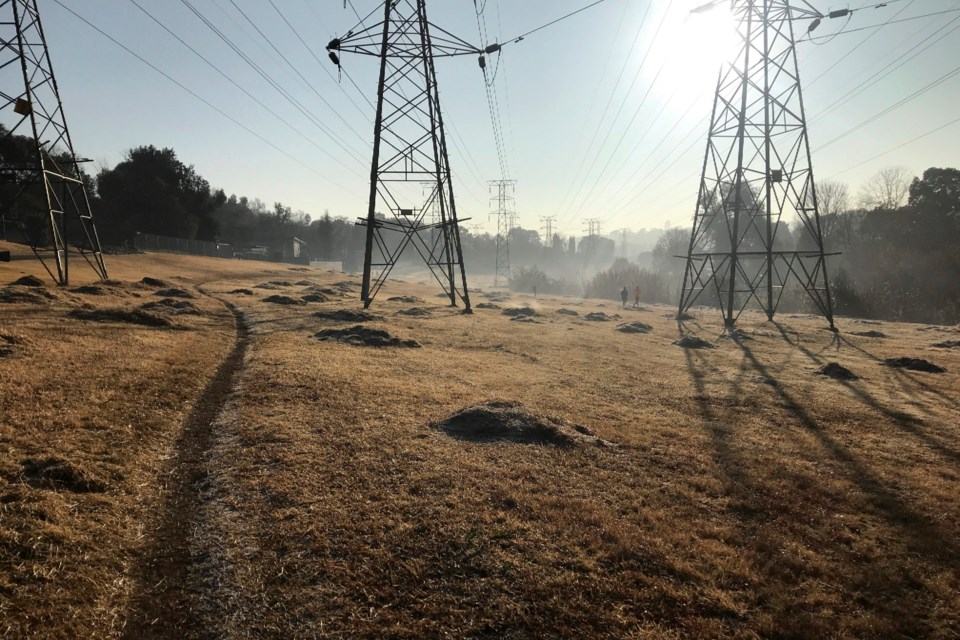JOHANNESBURG — This is for you out there who’ve found it hard to cope with coping. You who dutifully tried meditation, yoga, baking, knitting, plant-rearing and general self-care even before the pandemic and envy the people who embrace them now and seem to get on just fine.
Yes, you who worry your mind is working against you or already have the proof in writing.
Hello. Right there with you.
What do you do when you consider reaching out these days but everyone is rightly stressed? I haven’t a clue.
You with anxiety, depression, PTSD, addiction. You perfectionists who see little but failure. You who would rather roll up in a blanket like a burrito instead of facing the world but get on with things. You who fear showing “weakness.” You who feel the wheels getting a little loose as lockdown days go by.
That's right. Relating.
There’s a lot of talk these days about mental health, how so many people are struggling, what can be done. That kind of openness is welcome, and we need more.
But perhaps you’re overthinking it, because no surprise there. You wonder whether friends, colleagues, therapists are already overstretched and you’d be a burden. You fear you’d bring them down. You see people grieving, putting their lives at risk, scrambling to feed their families, people with “real" problems and you feel embarrassed.
Then again, maybe you’re looking at the costs, paperwork, even emotional energy involved in simply making a human connection and ... just can’t.
Nice to meet you. I understand. I wish I didn’t.
I have no good advice here. No judgment, either.
As we quietly stumble through this incredibly odd and challenging time, maybe there’s a scrap of solace in considering how many we are. In the millions, surely, We might not realize it because we’re too stubborn or scared.
Here’s how I’m trying to get by. Here in Johannesburg, at least we have sunny days, and once lockdown easing allowed us to go running again, I hit the streets and trails. Running is my medication. It’s far from a cure.
But I also spend a great deal of time trying to shoo away the caustic inner critic, the central voice in my life. I've been a social distancing sort for years — something that offers mixed benefits now:
No Netflix. Don’t read a book. You’re a journalist — why aren’t you doing more to cover this momentous story? Why aren’t you learning new skills? Why can’t you be normal just this once?
So much scolding.
This is an extraordinary time meant for asking philosophical questions, even transforming ourselves. Instead, a parade of well-worn insecurities has set up camp inside our brains and set them on spin.
Kind of exhausting? Just hearing about it must be. So we tell ourselves, “Best not mention it, then.”
This morning began like any other, stuck in place and spirit. But then I started typing — this, in case someone out there finds it useful.
Or maybe it’s a way of reaching out while trying to save face, always a delicate act.
I admire the many people who seem upbeat or serene during this drawn-out fog, who appear to have simply moved their lives online, who kindly offer “I hope you’re well” without a question mark.
How to achieve this smooth resilience is a mystery the rest of us might love to unravel, at least once we all have the luxury of doing more than just surviving.
___
Virus Diary, an occasional feature, showcases the coronavirus saga through the eyes of Associated Press journalists around the world.
Cara Anna, The Associated Press



